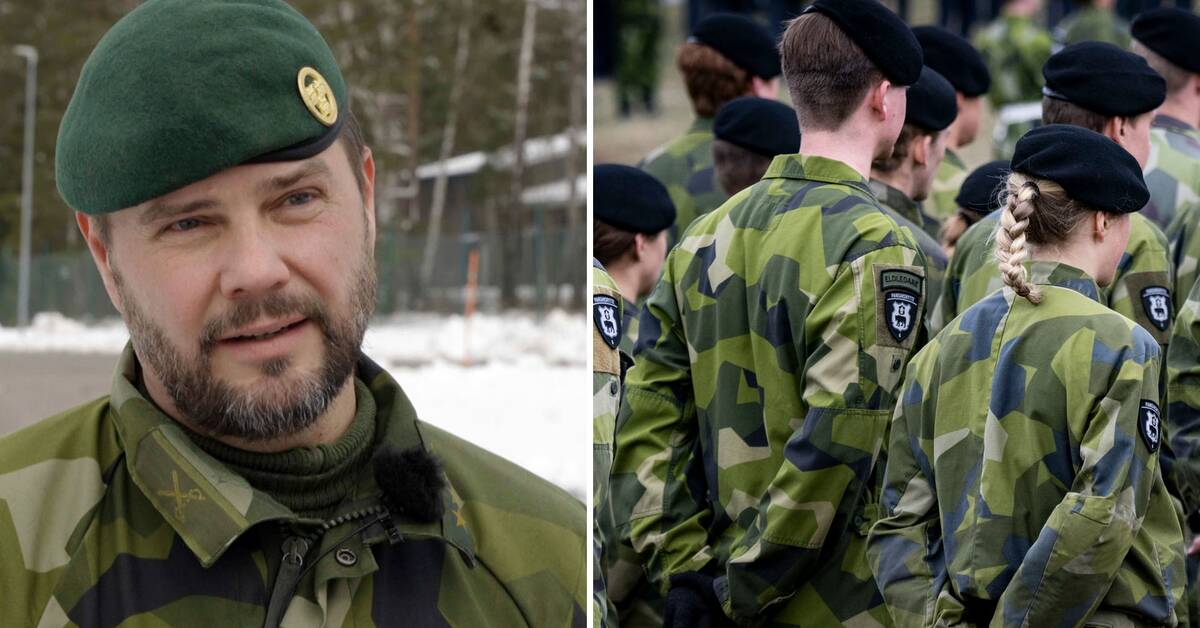Despite the fact that more and more people are applying for officer training, more than half of those admitted ultimately say no. Even when all the reserves are brought in, it is difficult to fill the seats.
Out of just under 1,000 applicants last year for 250 places, 209 people eventually started an officer program. 220 people declined and the other applicants were not eligible.
"When gender-neutral conscription was reintroduced, we saw an increase in the number of applicants, but it also seems that more people decline or do not complete the admission process," says Christer Mildenberger at the Swedish Defence University's admissions unit.
Twelve years of education
It takes time to gain officers with experience. With several trainings and internships, it takes about twelve years to train an officer to the rank of major, who can, for example, lead a company, a unit of between 80 and 200 soldiers.
At the same time, almost a third of all professional officers are on track for retirement within ten years. This is stated by Lars Fresker, chairman of the Officers' Union.
"We are facing a huge challenge. There are vacancies in all units already and it will accelerate, he says.
Defence's biggest challenge
The Government has now decided to increase the compensation for those who study officer training by around SEK 1,000 per month, to SEK 5,250. Food, accommodation and travel home are already included in the education.
According to Defense Minister Pål Jonson (M), the shortage of officers is a major problem.
"The biggest challenge for the Armed Forces is the supply of personnel. It is important that we get more conscripts, but also that we ensure that the officer profession is attractive and that we admit enough people to the Swedish Defence University.

